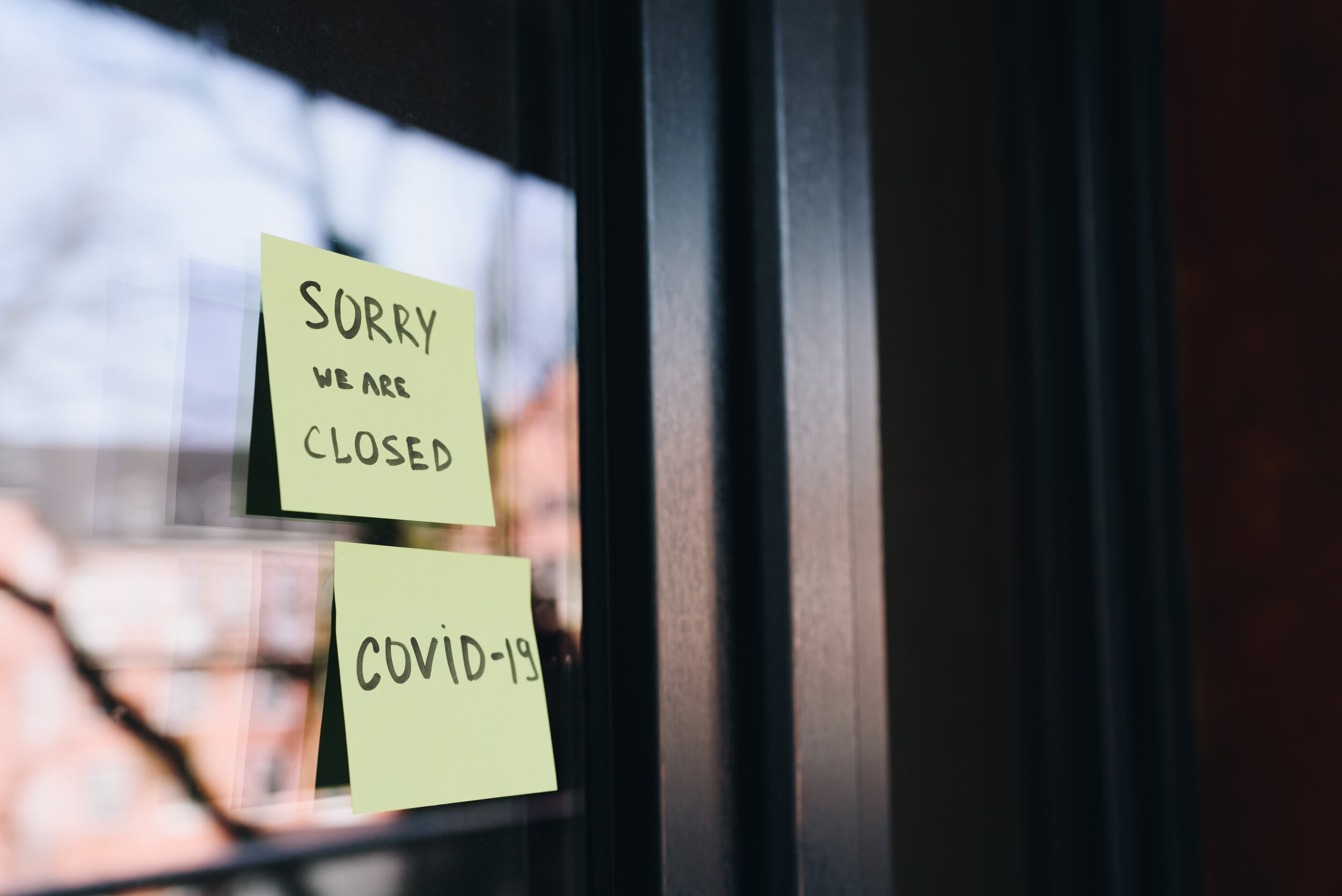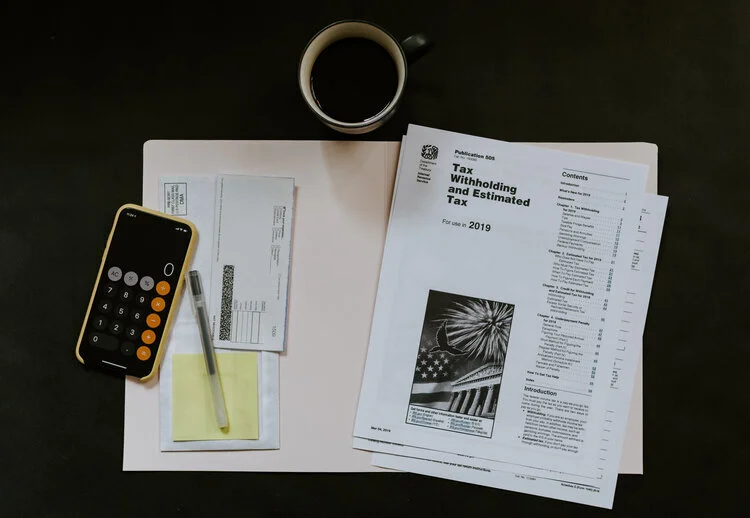Rucker Johnson was recently interviewed for an episode of the Berkeley Talks podcast, where he discussed his research on school desegregation, school finance reform, and public investments in pre-K. Read the full interview here.
Jesse Rothstein: Why Cal is America's Top College
Jesse Rothstein recently authored an opinion piece in the SF Examiner based on Forbes’ latest college rankings, in which UC Berkeley did much better than usual. According to Rothstein, “public colleges and universities are our key economic engine for upward mobility” because they make higher education much more accessible to low-income students. Read more here.
Hilary Hoynes: How Lifting Children Out of Poverty Today Will Help Them Tomorrow
Hilary Hoynes co-authored an article in The Conversation on the important role economic assistance plays on child outcomes later on in life. Hoynes and co-authors describe how programs such as the Earned Income Tax Credit (EITC) and the Supplemental Nutrition Assistance Program (SNAP) can improve educational outcomes and higher income in adulthood. Read the article here.
Ellora Derenoncourt and Claire Montialoux: To Reduce Racial Inequality, Raise the Minimum Wage
Ellora Derenoncourt and Claire Montialoux were recently featured in the New York Times. Building on their research on racial equity and the minimum wage, Montialoux and Derenoncourt argue that raising the minimum wage would be one of the simplest ways to support working-class Black Americans. Read the article here!
Jesse Rothstein: More Federal Relief - Including Aid to States - is Needed in Wake of COVID Devastation
Writing in the Washington Post with Jared Bernstein, Jesse Rothstein argues that the federal government must do more to offer relief to families and small businesses in the wake of COVID-19 and the economic devastation it has wrought. Read the full Washington Post Op/Ed here.
The COVID-19 Economic Response: The US Must Do More To Protect Workers
Federal Pandemic Aid Leaving Out Millions in Need
Hilary Hoynes, whose research focuses on the impacts of aid programs on low-income families, said the Coronavirus pandemic reveals the limits of the country’s safety net to help people in times of crisis. On April 10th, she spoke at a Berkeley panel on the pandemic’s economic impacts and how the federal CARES Act has attempted to respond to the crisis.
Gabriel Zucman also spoke on the panel and said that the country’s employer-based health insurance system is exacerbating the problem as people lose jobs during the pandemic.
Read more here
Download it here
Campus Conversations: COVID-19, Economic Impact, and Human Solutions
On Friday, April 10th, as part of the UC Berkeley Conversations series, the Goldman School of Public Policy (GSPP) hosted a discussion with key GSPP and O-Lab faculty on the economic impacts of COVID-19 and what the crisis is revealing about our ability to use economic policy and the social safety net to protect those hardest hit by the crisis.
For an edited transcript of the discussion:
Download the PDF here.
Read the web version here.
Jesse Rothstein: COVID-19 Stimulus Package is a Good Start
The Coronavirus Aid, Relief and Economic Security (CARES) Act is providing some relief to workers and companies. In this piece, Jesse Rothstein emphasizes the need for additional aid to small businesses, and argues that more money to states will be needed as the COVID crisis goes on.
Read the full article on: Berkeley in the News
Hilary Hoynes:Universal Basic Income
How can we design income support policy to protect the most vulnerable citizens during both good times and bad? Interest has grown in universal basic income as a solution, but it has drawbacks, and evidence is lacking. Hilary Hoynes and Jesse Rothstein examine how a universal basic income would play out in the United States, as well as in other developed countries, if implemented on a large scale. Knowable Magazine interviewed Hilary Hoynes about the benefits and challenges of such a program.
Read the full interview on: Knowable Magazine
Emmanuel Saez and Gabriel Zucman: Congress and the Coronavirus Pandemic
Emmanuel Saez and Gabriel Zucman urge Congress to legislate more forceful measures during the COVID pandemic to avoid another Great Depression. These include increased job protections, robust business support, universal healthcare, and excess profit taxes.
Read the full article on: New York Times
Cross posted with: O-Lab in the News
Catherine Wolfram: It’s a Good Time for Women to Win the Nobel Prize
The recent Nobel Prize for Economics highlighted the valuable role of rigorous experimental research in building evidence for policy-making. It was also an important milestone for women in economics. Catherine Wolfram discussed both recently with Resources for the Future.
Read the full interview on: Resources Magazine
Emmanuel Saez and Gabriel Zucman: Proposal for a Massive Government Intervention
Emmanuel Saez and Gabriel Zucman have been strongly advocating for a more robust federal response to the economic dislocations of COVID. In this piece at the Guardian, they press for the federal government to guarantee wages and lost revenues to business facing shutdown.
Read the full article on: Gaurdian and
Cross posted with: O-Lab in the News
Jesse Rothstein: Paid Sick Leave During COVID-19
Jesse Rothstein and Jared Bernstein contributed an opinion piece to the Washington Post calling for the government to guarantee wages for workers without the protection of paid sick leave.
Read the full article on: Washington Post
Cross posted with: O-Lab in the News
Emmanuel Saez and Gabriel Zucman: Escaping the Inequality-Data Dark Ages
To measure inequality, we need internationally recognised indicators and methods, write Thomas Piketty, Lucas Chancel, Facundo Alvaredo, Emmanuel Saez, and Gabriel Zucman.
Read the full article on: Project Syndicate
Gabriel Zucman and Emmanuel Saez: We Can Afford Medicare for All
“Our research shows that when you look at health care costs as a distribution problem, it becomes clear that not only can we afford Medicare for All, but a properly designed transition to Medicare for All could deliver the biggest pay raise in a generation to middle-class workers,” write Gabriel Zucman and Emmanuel Saez.
Read the full article on: Politico
Emmanuel Saez and Gabriel Zucman: How to Tax Our Way Back to Justice
For the first time in a hundred years, the working class paid higher tax rates than billionaires. How can we achieve economic justice? Find out in Emmanuel Saez and Gabriel Zucman’s new opinion piece.
Cross-posted with: O-Lab in the News
Read the full article on: The New York Times
Michael Reich: The U.S. Can Raise the Minimum to $15 Wage Without Hurting Jobs
“Our research indicates that pay can increase to $15 an hour in low-wage states without losing jobs, that incomes will grow, and fewer children will grow up in poverty,” write Michael Reich and Anna Godøy.
Read the full article on: CNN Business
Supreet Kaur: The Social Suppression of Labour Supply
“Social norms help sustain wage floors with workers taking jobs at wage cuts in private, but rejecting them in public due to fear of sanctions,” write Supreet Kaur, Emily Breza, and Nandita Krishnaswamy.
Cross-posted with: O-Lab in the News
Read the full article on: VoxDev
Daniel Schneider: The Brutal Psychological Toll of Erratic Work Schedules
“In addition to low pay, erratic schedules are another bane of American workers, particularly in food service and retail: They interfere mightily with family life and are associated, our research finds, with poor sleep, psychological distress and lower levels of happiness,” writes affiliate Daniel Schneider alongside Kristen Harknett.
Read the full article on: The Washington Post




















